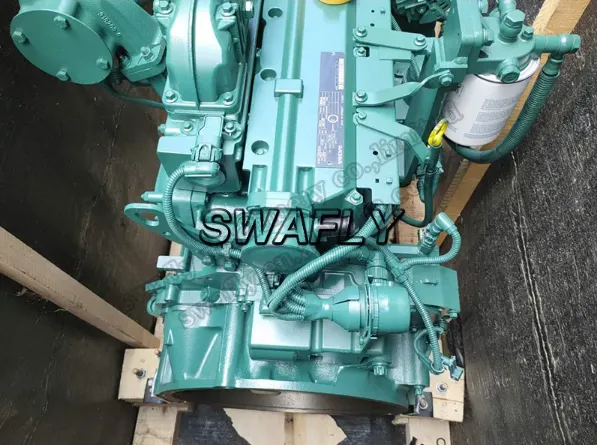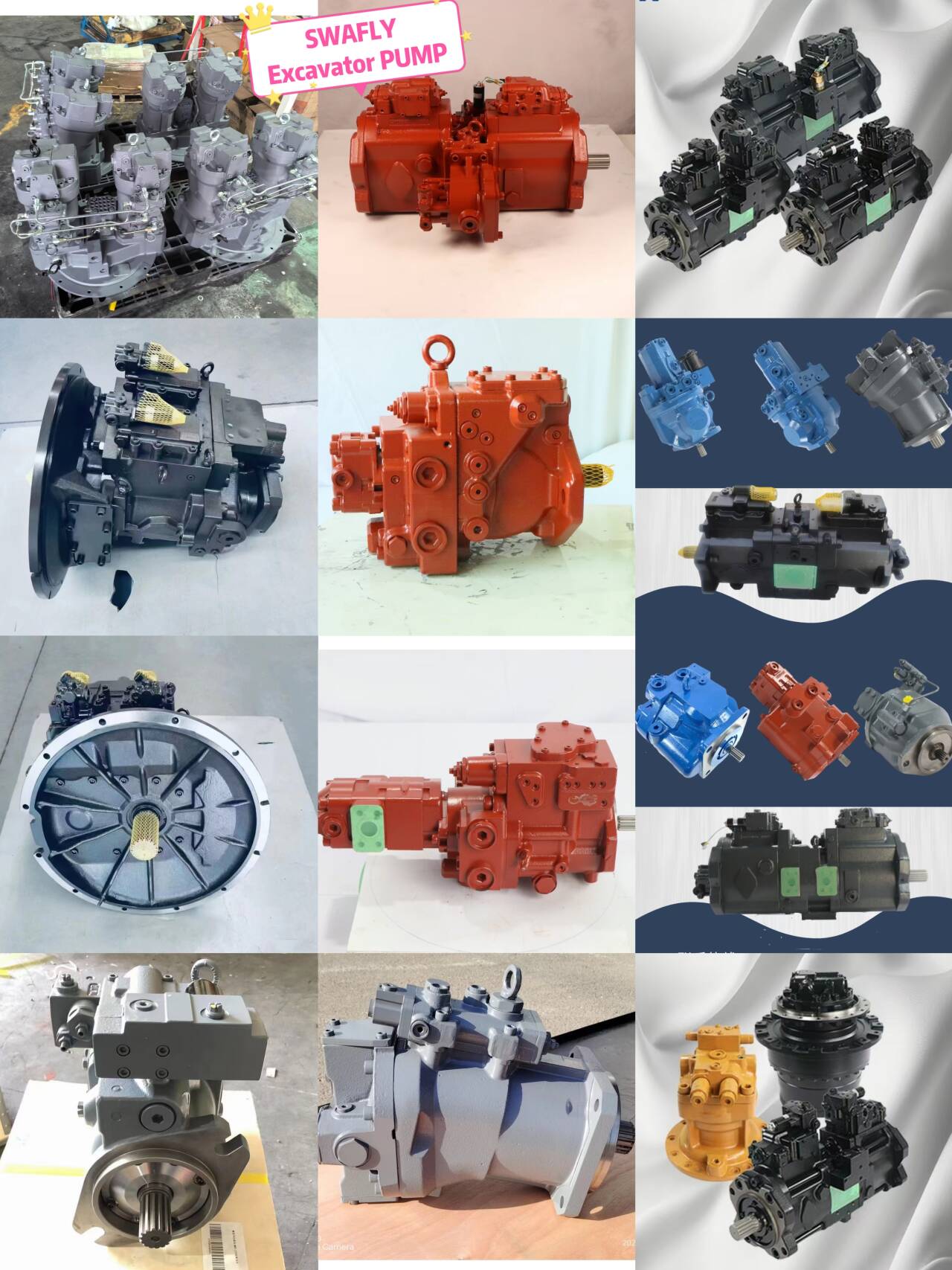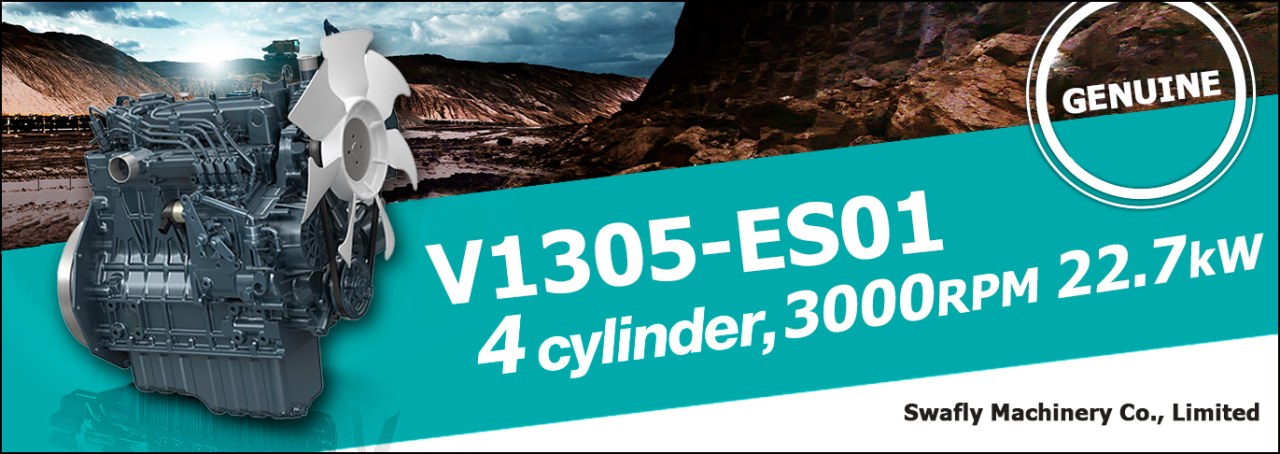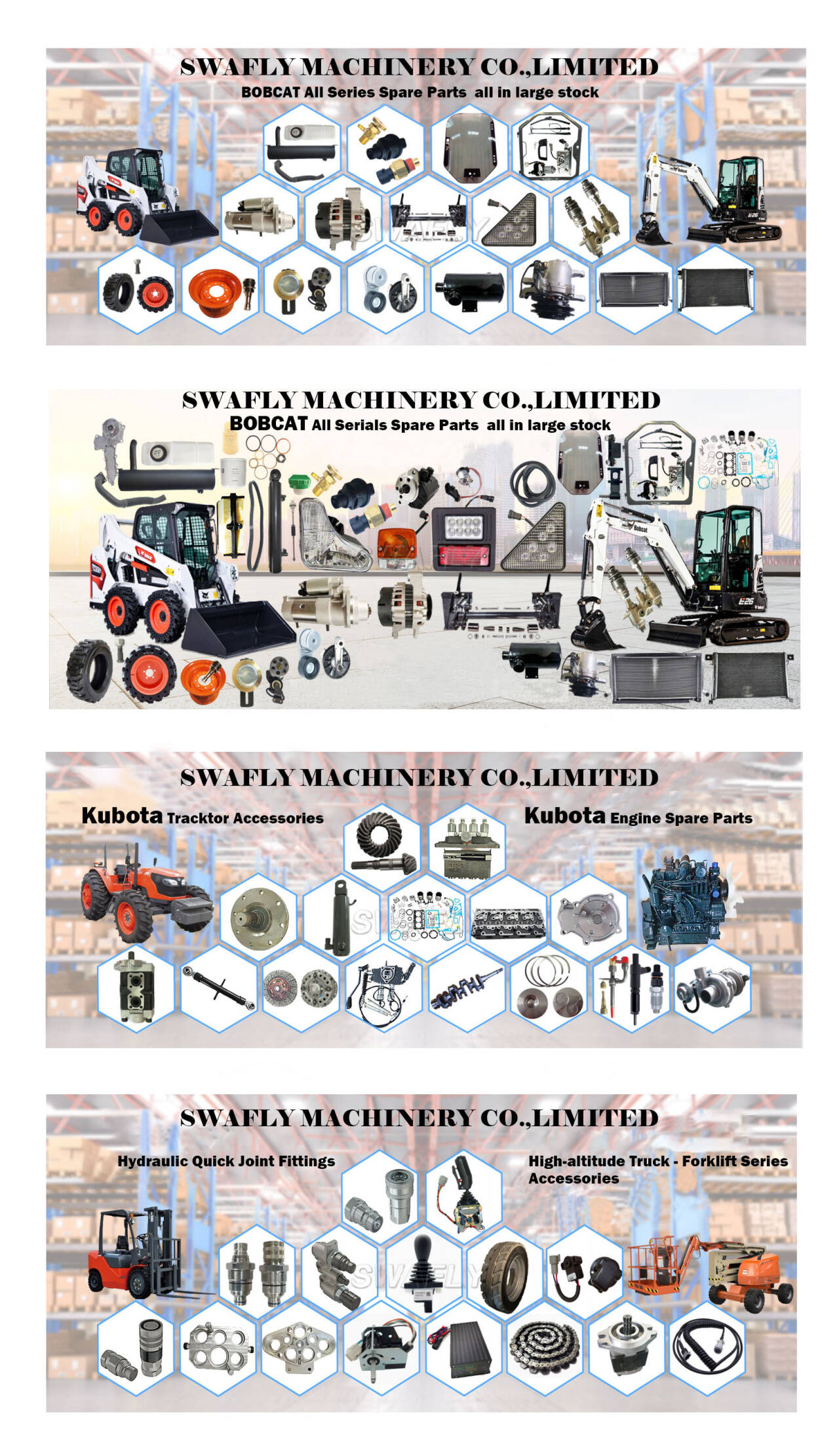Why Do Heavy-Duty Machines Use Diesel Engines?
Time:
2023-06-15
Diesel engine encompasses enormous properties. Different people have different standpoint regarding the benefits, and usage of a diesel engine. However, the features of diesel engine may vary from machine to machine.
Diesel engine encompasses enormous properties. Different people have different standpoint regarding the benefits, and usage of a diesel engine. However, the features of diesel engine may vary from machine to machine. Do you ever wonder that why are diesel engines used in heavy machines? Well, copious reasons are there to come across the precise answer to it.
Volvo D4D Diesel Engine Excavator Complete Engine
So, let’s check out the foremost reasons for using a diesel engine in the giant mahcines.
High Power and Torque:
Diesel engines are renowned for their high power and torque output. They are capable of generating a significant amount of force, which is essential for operating heavy machinery efficiently. The robust design of diesel engines allows them to handle heavy workloads and maintain performance even under extreme conditions. The high torque output of diesel engines enables heavy-duty machines to start moving and carry heavy loads without straining the engine.
Fuel Efficiency:
Diesel engines are highly fuel-efficient, making them advantageous for heavy-duty machines that consume a substantial amount of fuel during operation. Diesel fuel has a higher energy density than gasoline, meaning it contains more energy per unit of volume. As a result, diesel engines can extract more power from the same amount of fuel, resulting in improved fuel economy. This efficiency translates into longer operating hours before refueling, reducing downtime and increasing productivity.
Durability and Reliability:
Heavy-duty machines operate in demanding environments that expose them to harsh conditions, including dust, dirt, vibrations, and high temperatures. Diesel engines are well-known for their robust construction and ability to withstand these challenging conditions. They are designed with sturdier components, including heavier-duty blocks, crankshafts, and cylinder heads, which make them more resistant to wear and tear. This durability ensures that the engine can withstand the demands of heavy-duty applications and reduces the likelihood of breakdowns or mechanical failures. The reliability of diesel engines assy is crucial for maintaining productivity and minimizing costly downtime.
Longevity:
Diesel engines are known for their longevity and extended lifespan. The robust design, lower combustion temperatures, and lower RPM range of diesel engines contribute to their durability. Compared to gasoline engines, diesel engines have lower operating temperatures, resulting in reduced stress on the engine components. This characteristic allows diesel engines to have a longer lifespan when properly maintained and serviced. The longevity of diesel engines offers a cost-effective solution for heavy-duty machine owners by minimizing the need for frequent engine replacements.
Low RPM Range and High Torque:
Heavy-duty machines often require engines that can operate at low RPM while still providing high torque output. Complete diesel engines excel in this aspect, as they deliver maximum torque at low RPM. This characteristic allows heavy-duty machines to perform demanding tasks efficiently and without straining the engine. The high torque at low RPM enables heavy machinery to start moving smoothly, pull heavy loads, and maintain power even at lower engine speeds.
Adaptability to Various Fuels:
Diesel engines are versatile and can run on a variety of fuel types, including traditional diesel fuel, biodiesel, and even alternative fuels like natural gas. This adaptability gives heavy-duty machine operators more options to choose from based on factors such as fuel availability, cost, and environmental considerations. It allows for flexibility in fueling heavy-duty machines, making them adaptable to different operational requirements and fuel availability.
Safety:
Diesel fuel has a higher flashpoint (the temperature at which it can ignite) compared to gasoline, making it less volatile. This characteristic reduces the risk of accidental ignition and minimizes fire hazards associated with fuel handling and storage. The higher flashpoint of diesel fuel contributes to the overall safety of heavy-duty machines and their operation in potentially hazardous environments.
Availability and Infrastructure:
Diesel fuel is widely available globally, making it easier to source and refuel heavy-duty machines in various locations. Additionally, the infrastructure for diesel fuel distribution and storage is well-established in many regions, ensuring convenient access to fuel for heavy-duty machine operators.
In summary, heavy-duty machines commonly use diesel engines due to their high power and torque output, fuel efficiency, durability, reliability, longevity, low RPM range, adaptability to various fuels, safety features, and the widespread availability of diesel fuel. These characteristics make diesel engines well-suited for demanding applications where high performance, fuel efficiency, durability, and reliability are crucial. By leveraging the advantages of diesel engines, heavy-duty machines can operate efficiently, withstand harsh conditions, and deliver the power needed for various heavy-duty tasks.
More News













